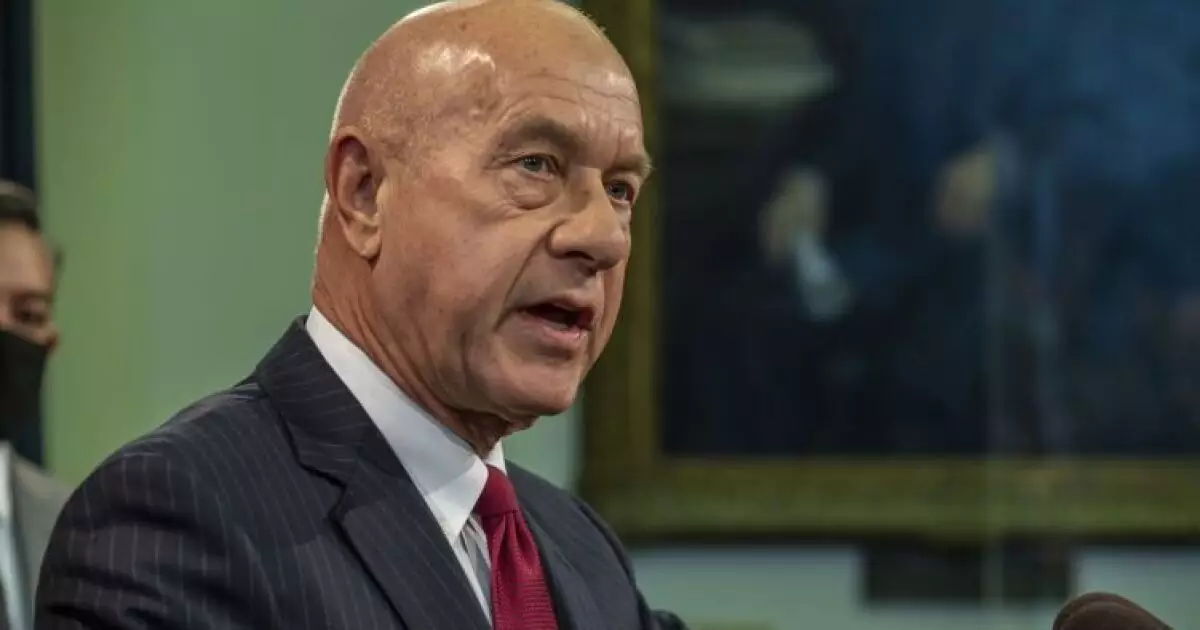In the intricate dance of urban governance, the recent announcement by Houston Mayor John Whitmire about a $100 million property tax commitment for infrastructure underscores a deeper struggle. This decision isn’t merely a financial maneuver; it reflects a critical need for sustainable urban planning and fiscal foresight. Following the fallout from a 2019 lawsuit, which ultimately held the city accountable for its financial obligations, there’s been a groundswell of concern regarding Houston’s ability to manage its infrastructure effectively. This action, while seemingly proactive, serves as a reminder of the precarious situation the city finds itself in, teetering on the edge of a looming structural budget deficit.
Implications of Legislative Adjustments
At the heart of this issue is the city’s manipulation of property tax allocations, originally intended for drainage and road repair. The court’s decision prohibits any sleight of hand against a voter-sanctioned tax cap, leaving Houston politicians to scramble for a solution that appeases both taxpayers and infrastructure needs. Mayor Whitmire has positioned the gradual increase from 57% to a full 100% allocation by fiscal 2028 as a victory for progress. However, one may question whether this approach is merely a band-aid on a gaping wound. The escalation progression might indicate a short-term solution rather than a genuine, long-lasting plan to prevent the financial bleeding the city has suffered.
Political Reactions and Community Impact
The enthusiasm from city council members, like Mayor Pro Tem Martha Castex-Tatum, is palpable, yet one must wonder whether this optimism is rooted in reality or merely a political veneer. The acknowledgment of Houston’s “aging infrastructure” is synonymous with many urban centers, but this vague sentiment does little to address the urgent and specific needs of neighborhoods that directly suffer from flooding and inadequate roads. As infrastructure conversations occur at city hall, residents continue to navigate potholes and waterlogged streets, raising doubts about whether this agreement will translate into tangible improvements for average citizens.
Unstable Economic Outlooks
Adding complexity to Houston’s fiscal state, the city faces declining budget reserves — a sharp drop that compels financial oversight and strategic urgency. The warnings from Fitch and S&P Global Ratings act as harbingers of a tax-induced doom: if the city cannot effectively manage its assets now, will it be prepared for future crises? While Moody’s maintains a stable outlook, a deeper analysis reveals vulnerabilities that may drown Houston in overwhelming debt should it prioritize short-term gains over long-term sustainability.
Potential Avenues for Financial Recovery
Positive potential lies in a new Texas bill that could supplement city budgets with up to 30% of excess toll revenue. This proposal embodies the recognition that urban centers require diversified funding streams to thrive amidst economic uncertainties. However, pursuing external funds must not distract from the essential task of fiscal responsibility. Houston needs a transparent and robust plan to utilize these funds wisely, transforming them into meaningful community enhancements rather than another cycle of fleeting promises. Without diligent implementation and a shift in mindsets, the battle for Houston’s infrastructure could morph into a perpetual struggle against financial despair.

